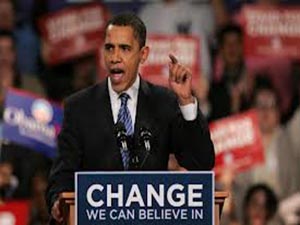 President Barack Obama gained great notoriety with brilliant speeches in Berlin during his first run for office and in Cairo after his 2008 election. Since then, like the absence of real strategic thinking by his administration regarding foreign policy, this great rhetoric has been missing in action. With Russia’s takeover of Crimea and the prospects for a new cold or at least cool war non-trivial, the time for a great speech is at hand.
President Barack Obama gained great notoriety with brilliant speeches in Berlin during his first run for office and in Cairo after his 2008 election. Since then, like the absence of real strategic thinking by his administration regarding foreign policy, this great rhetoric has been missing in action. With Russia’s takeover of Crimea and the prospects for a new cold or at least cool war non-trivial, the time for a great speech is at hand.What might the president say? In summary terms, he might lay out a vision for the future. The central theme for this vision is what to do post-Crimea. In that regard, the president must focus on the opportunities for game changing actions.
“Fellow citizens of the United States and the world. We are brought together by Russia’s actions to seize Crimea and now mass thousands of troops on Ukraine’s borders. To many, this aggression provokes fears of an end to the post-Cold War era by disregarding well established borders based on the false premise of protecting ethnic minorities, in this case Russian. To others, Russia’s actions demand strong Western responses to protect Ukraine and smaller eastern and southern European states not under NATO’s umbrella.
I have a different view. If Russia is to be part of the international community of nations and improving the well-being of her citizens is important, then isolation cannot be a desirable outcome. Yet, that sad and tragic state is exactly where Moscow may be headed. We need to work together to prevent that isolation from occurring. But that requires cooperation and not confrontation from Russia.
Publics need to be reminded of these consequences for Russia and also of certain facts, some of which I am saddened to say are forgotten or ignored even in my own country. Some argue that like Crimea, the Baltics and even southern European member states of NATO are at risk to Russian aggression. These critics miss a profound difference. The Baltics, Poland, Hungary, the Czech Republic, Romania and Bulgaria along with twenty other NATO members are signatories of the Washington Treaty. Ukraine, Moldova and Georgia are not.
The foundation of the NATO treaty is Article V. Article V states that an attack against one is an attack against all. From Norway, Latvia, Estonia and Lithuania in the north to Romania, Bucharest and Turkey to the south, the U.S. absolutely stands by that moral and legal commitment on mutual defense. This reaffirmation is meant as reassurance to allies and not provocation to others. And make no mistake: in quiet and low key but effective ways, the U.S. is taking actions along with other allies to reinforce Article V.
Some demand sending anti-ballistic missiles to Europe. I wish they would read the news. The U.S. is already deploying anti-ballistic missiles to Poland and Romania as well as permanently assigning four U.S. Navy Aegis destroyers with anti-ballistic capable missiles aboard to the Mediterranean. These missiles were not deployed against Russian strike systems. However, their presence is a strong expression of continued and unwavering commitment to the defense of Europe.
What else can be done? Two major opportunities are potential game changers. The first is TTIP or the Transatlantic Trade and Investment Partnership. The second is negotiations with Iran to end its nuclear ambitions. Success in both will greatly advance movement to improve global peace, prosperity and security.
Regarding TTIP, this agreement will free up markets on both sides of the Atlantic for goods, services and investment. By most accounts, this will add hundreds of billions of dollars and euros to the GDP’s of the Atlantic community. This package needs to be approved as soon as possible even though I recognize that part of the oppostion resides in our own Congress by those who wrongly believe that TTIP will jeopardize American jobs. That is not true. And the best argument is to approve the treaty and count the benefits.
Second, negotiations with Iran to prevent Tehran from achieving any nuclear weapons ambitions will be an extraordinary breakthrough. We understand the difficulties of this negotiation. However, the benefits for Iran and the world at large are too great to defer any attempt at agreement. And, in the meantime, Iran has voluntarily accepted limits on its production of fissile fuel as negotiations continue.
As Dickens wrote in A Tale of Two Cities, “It was the best of times, it the worst of times.” That formula applies today. But we have it within reach to make this the better if not best of times. We cannot fail but to try.”
One hopes Mr. Obama is up to the task. But we shall see.

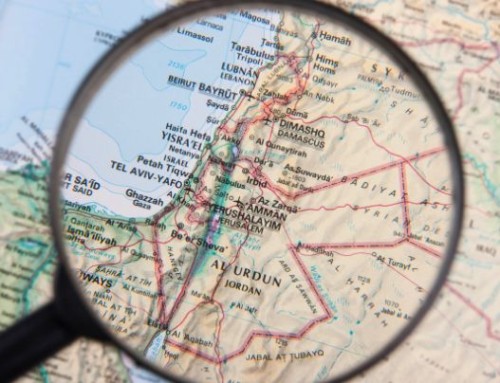
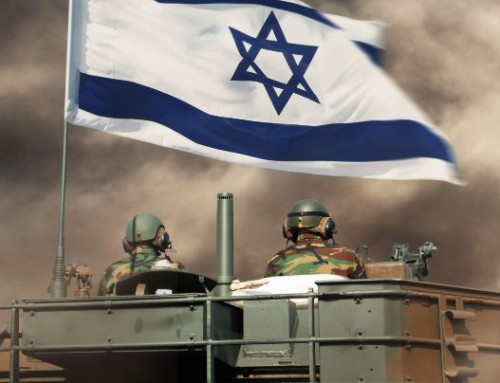
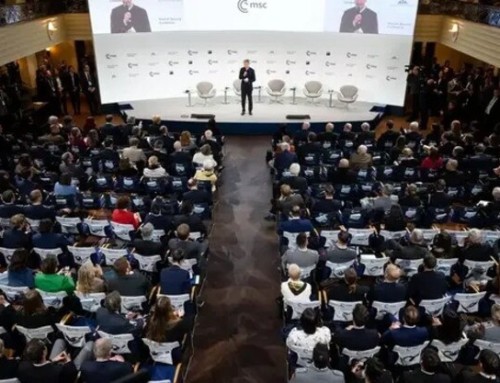
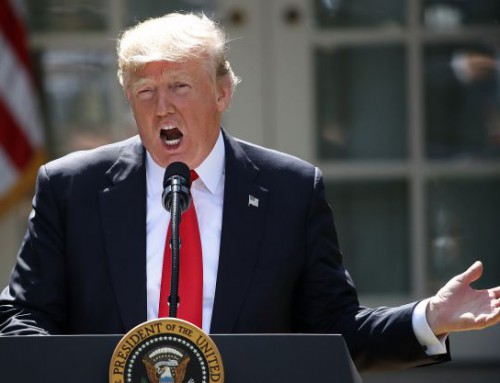
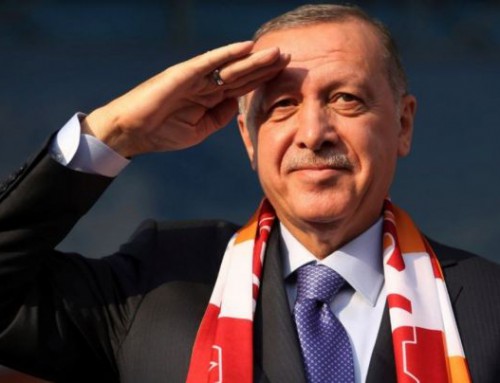
Comenteaza